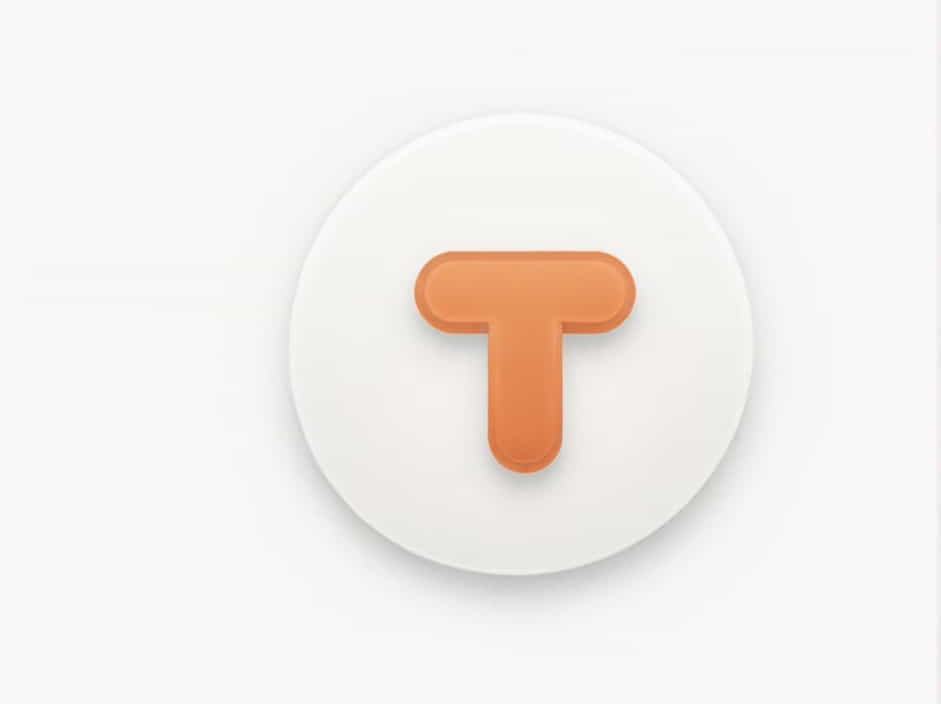If you’ve ever received a text message with TTYS, you might have wondered what it means. This acronym is commonly used in casual conversations, especially in online chats, social media, and SMS. Understanding TTYS and how to use it correctly can help you communicate more effectively in digital conversations.
In this topic, we’ll explore the meaning of TTYS, where it is commonly used, and some alternatives that convey a similar message.
What Does TTYS Mean?
TTYS stands for “Talk To You Soon.” It is an informal way to end a conversation while letting the other person know that you will speak with them again shortly.
People use TTYS when they are signing off from a chat but expect to reconnect with the person later. It’s a friendly and polite way to say goodbye without sounding too formal.
Examples of TTYS in Text Messages
Here are some common ways TTYS is used in conversations:
-
Friend 1: “Hey, I have to run to class now!”
Friend 2: “No problem, TTYS!” -
Person A: “I’ll check on the details and text you later.”
Person B: “Sounds good! TTYS!” -
Colleague: “Meeting is over, but let’s discuss this again soon.”
You: “Absolutely! TTYS.”
In these examples, TTYS is used to indicate that the conversation will continue at a later time.
Where Is TTYS Commonly Used?
TTYS is frequently seen in different forms of digital communication, including:
1. Text Messages (SMS)
People often use TTYS in texting to quickly say goodbye without typing a full sentence. Since texting is often fast-paced, acronyms like TTYS help save time and effort.
2. Social Media Chats
Platforms like Facebook Messenger, Instagram DMs, and Snapchat are filled with informal conversations. TTYS is a common sign-off in these chats, letting friends know you’ll talk to them soon.
3. Online Gaming
Gamers often use TTYS when leaving a game or chat but plan to return later. Since online gaming communities communicate in real-time, short acronyms are widely used.
4. Emails (Casual Settings)
While TTYS is rarely used in professional emails, it may appear in casual email exchanges between close colleagues or friends. However, more formal alternatives like “Speak to you soon” are preferable in professional settings.
TTYS vs. Similar Acronyms
There are several acronyms similar to TTYS that are used for saying goodbye in texts. Here’s how they compare:
| Acronym | Meaning | Usage |
|---|---|---|
| TTYL | Talk To You Later | Used when you don’t know exactly when you’ll talk again |
| BRB | Be Right Back | Used when you are stepping away temporarily |
| GTG | Got To Go | Used when you need to leave immediately |
| CYA | See You | A casual way of saying goodbye |
| BBS | Be Back Soon | Similar to BRB, but implies a slightly longer absence |
While TTYS and TTYL are similar, TTYS suggests you will talk again soon, whereas TTYL is more open-ended.
When Should You Use TTYS?
You can use TTYS in casual conversations when:
- You are ending a chat but expect to talk soon.
- You want to leave a friendly impression before signing off.
- You are in a relaxed and informal conversation.
When NOT to Use TTYS
Avoid using TTYS in:
- Formal emails or business communication – Instead, use “Looking forward to speaking with you soon.”
- Serious conversations – If the discussion is important, it’s better to use complete words for clarity.
- Professional settings – Acronyms can seem unprofessional in certain contexts.
Alternative Ways to Say TTYS
If you want to switch things up, here are some alternative phrases that convey the same message:
- “Talk soon!”
- “Catch up later!”
- “See you soon!”
- “Let’s chat later!”
- “Until next time!”
These alternatives can be used based on your personal preference and the tone of the conversation.
TTYS is a widely used texting acronym that stands for “Talk To You Soon.” It’s a friendly, informal way to end a conversation while expressing the intention to talk again soon. Whether you’re chatting with friends, gaming online, or messaging on social media, TTYS helps keep conversations light and casual.
Understanding when and where to use TTYS can make your digital communication smoother and more effective. Now that you know what it means, you can confidently use TTYS in your own messages!
